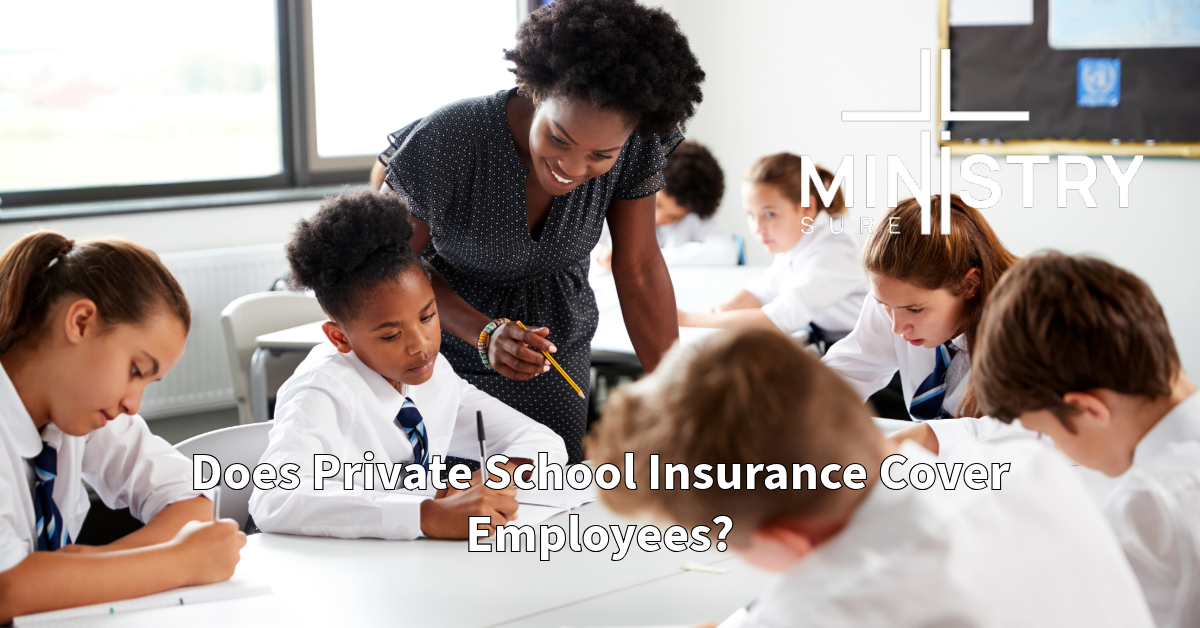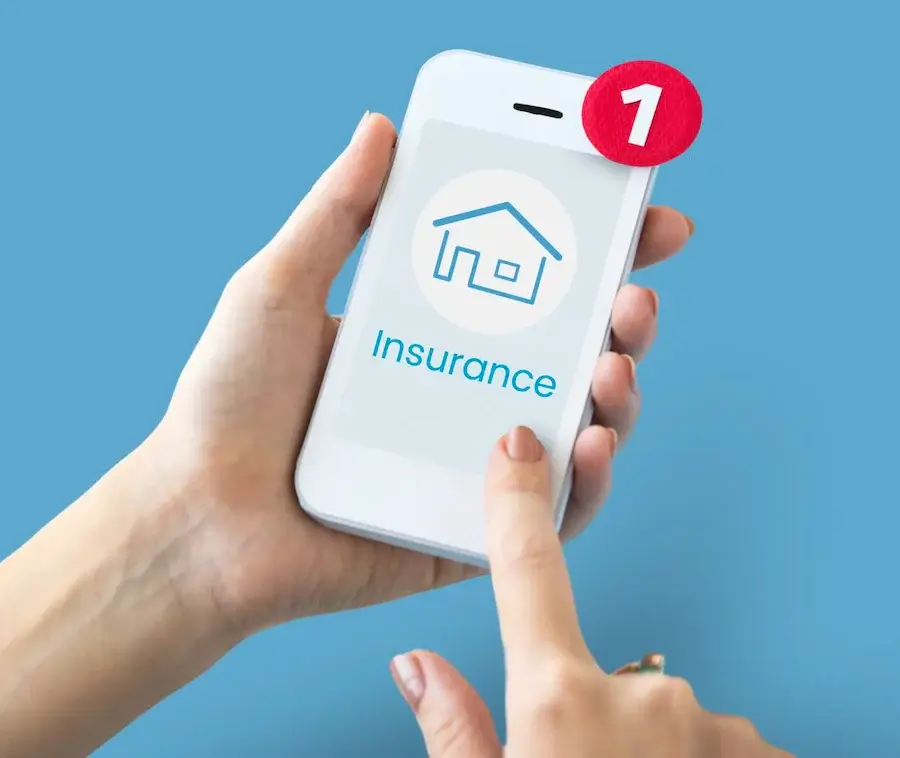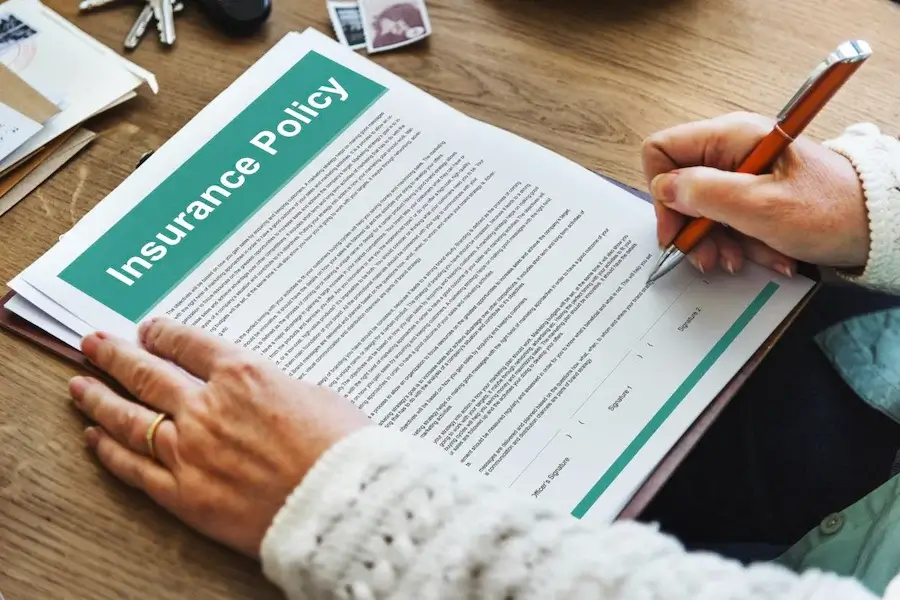Last year, Hillside Academy found itself in a serious bind when a routine boiler inspection turned into a disaster. The boiler unexpectedly malfunctioned and exploded, causing significant damage to the school’s infrastructure and leading to injuries to one of the janitors on staff. Fortunately, the students were on break, so no children were harmed. However, the incident exposed a glaring gap in the school’s insurance coverage. The school leadership had never imagined such an event would happen, and they quickly realized their existing insurance policy didn’t cover all the expenses, especially those related to the staff injury. This unfortunate event was a wake-up call for Hillside Academy. It showed them how critical it was to have the right insurance coverage in place—not just to protect their students, but to protect their employees as well. So, does private school insurance cover employees? Let’s take a look!
Types of Private School Insurance

Private schools have unique potential risks (like other educational institutions) that require specific types of insurance coverage. While public schools may be supported by state funding and government-backed insurance programs, private schools need to secure their own protection. The process of choosing the right insurance policies involves evaluating factors like the school’s size, number of students, location, and the types of activities it offers. For instance, a small school that only offers classroom instruction might have different needs than a large academy with athletic programs, science labs, and transportation services.
Some of the most common types of insurance that private schools need include general liability, property insurance, workers’ compensation, and commercial auto insurance. General liability protects the school against lawsuits stemming from accidents that cause injury or damage on school property. Property insurance covers the school’s buildings and equipment in case of damage due to fires, storms, or other disasters. Workers’ compensation provides coverage for employees who get injured on the job, ensuring they receive medical care and financial support while they recover. For schools with buses or other vehicles, commercial auto insurance (for school bus accidents) is necessary to protect against accidents involving these vehicles.
In addition to these basic types of coverage, private schools often need more specialized insurance. For example, directors and officers (D&O) liability insurance protects the school’s leadership—such as board members and administrators—from lawsuits related to their management decisions. Some schools also benefit from umbrella insurance, which provides an extra layer of protection by covering claims that exceed the limits of other policies. Schools that deal with particularly hazardous materials or equipment, like technical schools, might need additional policies tailored to their specific risks.
General Liability Insurance
At the core of any private school’s insurance plan is general liability insurance. This is the policy that covers the most common incidents that might occur on school property. General liability insurance protects the school if someone is injured on campus or if there is damage to someone’s property. For example, if a student trips and falls during recess and their parents sue the school for medical expenses, general liability insurance helps cover the cost of the lawsuit, including legal fees and any settlement that may be required.
Accidents like slips and falls are common in schools, but general liability insurance can cover much more than that. It also includes protection against personal injury claims, such as accusations of libel or slander, and can cover the costs of damage caused by the school to other people’s property. For schools, this is a must-have because even a single incident can result in a costly lawsuit. Without general liability insurance, the school would have to pay these expenses out of pocket, which could be financially devastating.
Employment Practices Liability Insurance
Employment Practices Liability Insurance (EPLI) is a critical part of protecting a school from claims related to how it treats its employees. In today’s world, claims of wrongful termination, discrimination, or harassment are more common than ever. Schools, as employers, are not immune to these issues. An employee could claim that they were unfairly fired, or that they faced discrimination based on their gender, race, or another protected characteristic. If this happens, EPLI helps cover the legal costs associated with defending the school, including lawyer’s fees, court costs, and any settlements or judgments.
One of the key benefits of EPLI is that it covers all kinds of employees, not just full-time staff. This means that part-time employees, temporary workers, and even volunteers are covered under the policy. Given that private schools often rely on a mix of staff, including seasonal workers or part-timers, having this kind of broad coverage is incredibly important. Schools need to protect themselves from employment-related claims no matter who is making the accusation.
The peace of mind that EPLI provides can be invaluable. Schools that have this insurance know they are better prepared to handle any employment-related legal challenges that may arise. This allows them to focus on their primary mission—educating students—without constantly worrying about the possibility of lawsuits from current or former employees.
Workers’ Compensation Insurance
Workers’ compensation insurance is important for covering any injuries that staff members suffer while performing their duties at school. Whether a teacher slips in the hallway, a janitor who strains their back lifting heavy equipment, or a coach injured during a sports practice, workers’ compensation takes care of the school’s employees. This insurance covers medical bills, rehabilitation costs, and lost wages while the employee is recovering. In the tragic case of a fatal accident, workers’ compensation also provides death benefits to the employee’s family.
This type of insurance doesn’t just protect the employees; it also protects the school itself. By covering the costs associated with workplace injuries, workers’ compensation insurance shields the school from lawsuits. Typically, when employees accept workers’ compensation benefits, they forfeit the right to sue the school for their injuries. This helps avoid lengthy and expensive legal battles that could otherwise arise from workplace accidents.
Schools need to make sure they have enough workers’ compensation coverage to handle potential injuries, especially as their staff grows or their activities expand. This type of insurance is not just a legal requirement; it’s a practical way to ensure the well-being of the school’s employees and its financial health.
Directors and Officers Liability Insurance
Private schools rely on a team of leaders to make decisions that affect the entire institution. These leaders, including the board of directors and administrators, are responsible for the school’s financial management, policy decisions, and overall governance. Sometimes, their decisions can lead to legal challenges—whether from parents, staff, or even outside organizations. Directors and Officers (D&O) liability insurance protects these individuals from personal financial losses if sued for their actions in their official capacity.
For example, if someone accuses a board member of mismanaging funds or making a decision that negatively impacts the school, D&O insurance covers the costs of defending that individual in court. This type of insurance helps ensure that school leaders can perform their duties without fear of personal financial ruin if something goes wrong.
D&O insurance proves particularly important for private schools, where the leadership may interact in more hands-on management than in larger, publicly funded institutions. Protecting these individuals from liability allows them to focus on guiding the school without constantly worrying about the potential consequences of their decisions.
Cyber Liability Insurance
In today’s world, schools handle a lot of sensitive information online, from student records and personal data to financial transactions. With the increasing number of cyber threats, having cyber liability insurance has become an important part of a school’s risk management strategy. Cyber liability insurance covers the costs associated with data breaches, hacking attempts, and other cyber incidents. For schools that store large amounts of personal information, this type of insurance is vital for protecting both the school and its employees.
Cyber incidents can be incredibly costly. Not only do schools have to deal with the immediate financial impact of restoring their systems and protecting their data, but they may also face legal claims if exposure of personal information happens. Cyber liability insurance helps cover these costs, including the expenses related to notifying affected individuals, offering credit monitoring services, and defending against lawsuits. Schools that do not have cyber liability insurance are at a much higher risk of facing financial difficulties if they become the target of a cyberattack.
To learn more about how private schools can protect themselves from cyber threats, check out our Cyber Liability Insurance for Schools blog.
Make Your Ministry Sure
MinistrySure understands the unique challenges that private schools face when it comes to protecting their staff, students, and leadership. Whether it’s providing coverage for workplace injuries through workers’ compensation or defending against employment-related claims with EPLI, our goal is to help schools find the best insurance solutions (like Brotherhood Mutual) for their needs. With the right insurance policies in place, schools can focus on creating a safe, supportive environment for everyone.
Contact MinistrySure today to speak with an independent insurance agent and learn how we can help your school stay protected against the unexpected.






